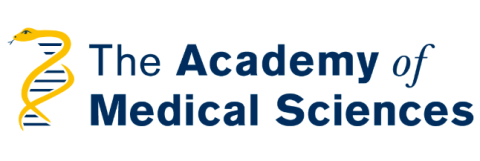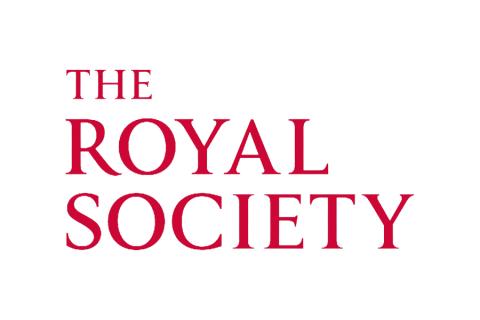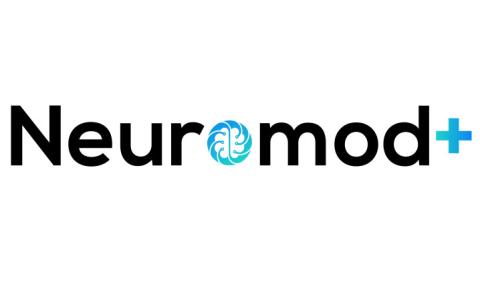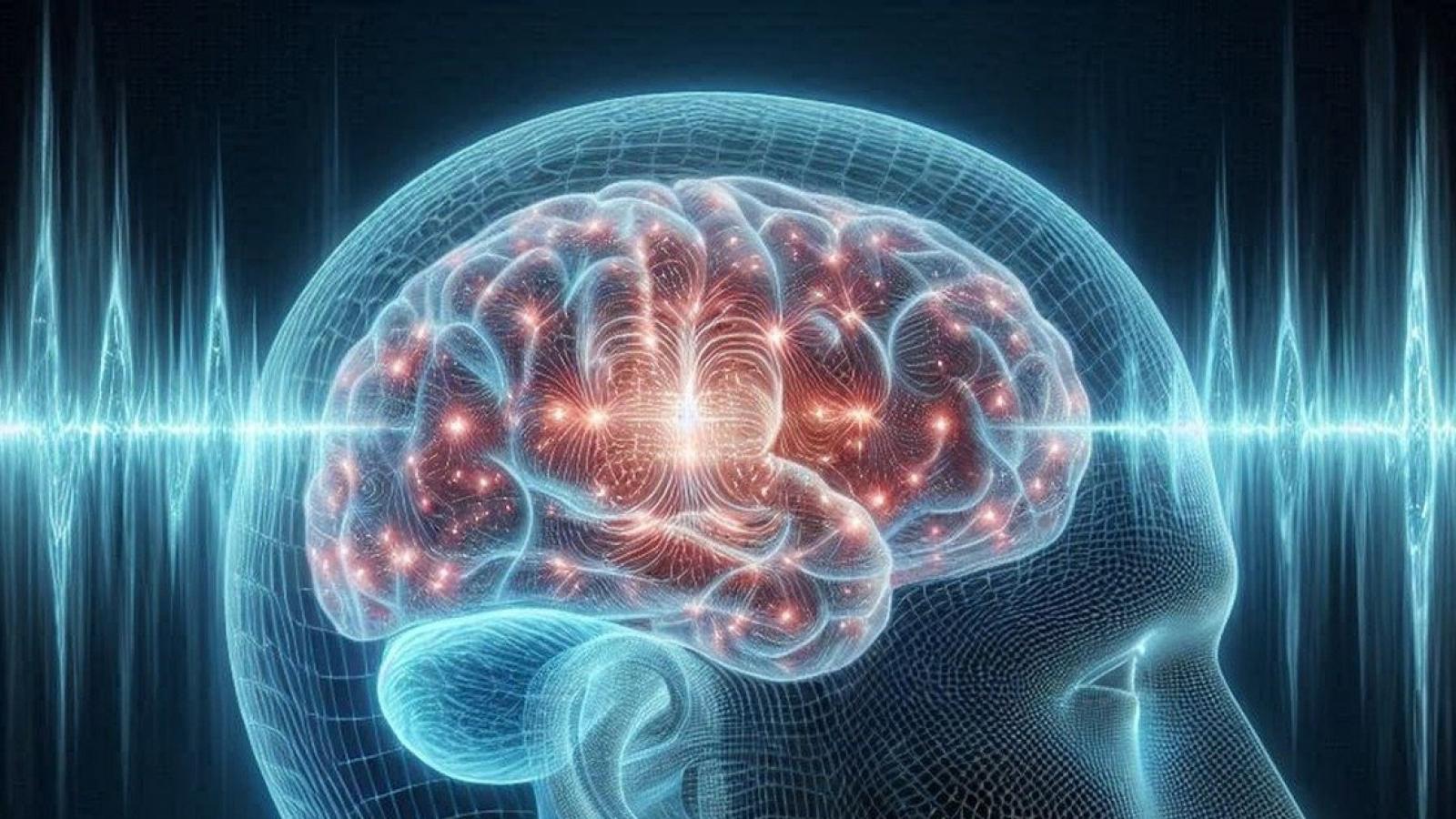Key details
Ultrasound technology as a tool to treat, prevent and delay the onset of neurodegenerative diseases
Glia play a critical role in brain functioning, acting as key players in the brain’s immune response and regulators of neuronal activity. In dementia, their activity is significantly altered and contributes to the progression of the disease. Targeting dysfunctions in glia by stimulating changes in their activity holds great therapeutic potential, offering new avenues to treat and protect against dementia.
Dr Morse's research has found that focused ultrasound can modulate the activity of glial cells non-invasively. Her current work is focused on engineering ultrasound technologies to modulate glial activity with the aim to treat, prevent or delay the onset of neurodegenerative diseases and age-related cognitive decline.
The Morse Lab seeks to uncover the level of control this ultrasound technology can achieve, the mechanisms behind this modulation and how this technology is best applied to achieve therapeutic benefits as we age.
Latest news
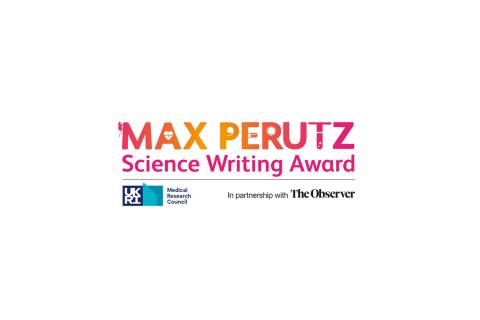
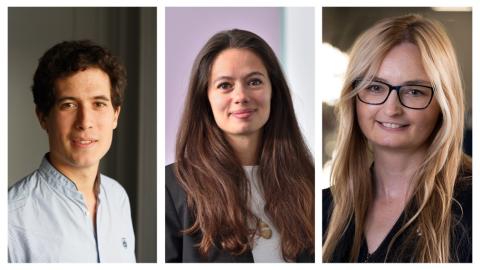

Dr Sophie Morse
Dr Sophie Morse is an Emerging Leader at the UK DRI at Imperial. Find out more about her career and expertise on her profile page.
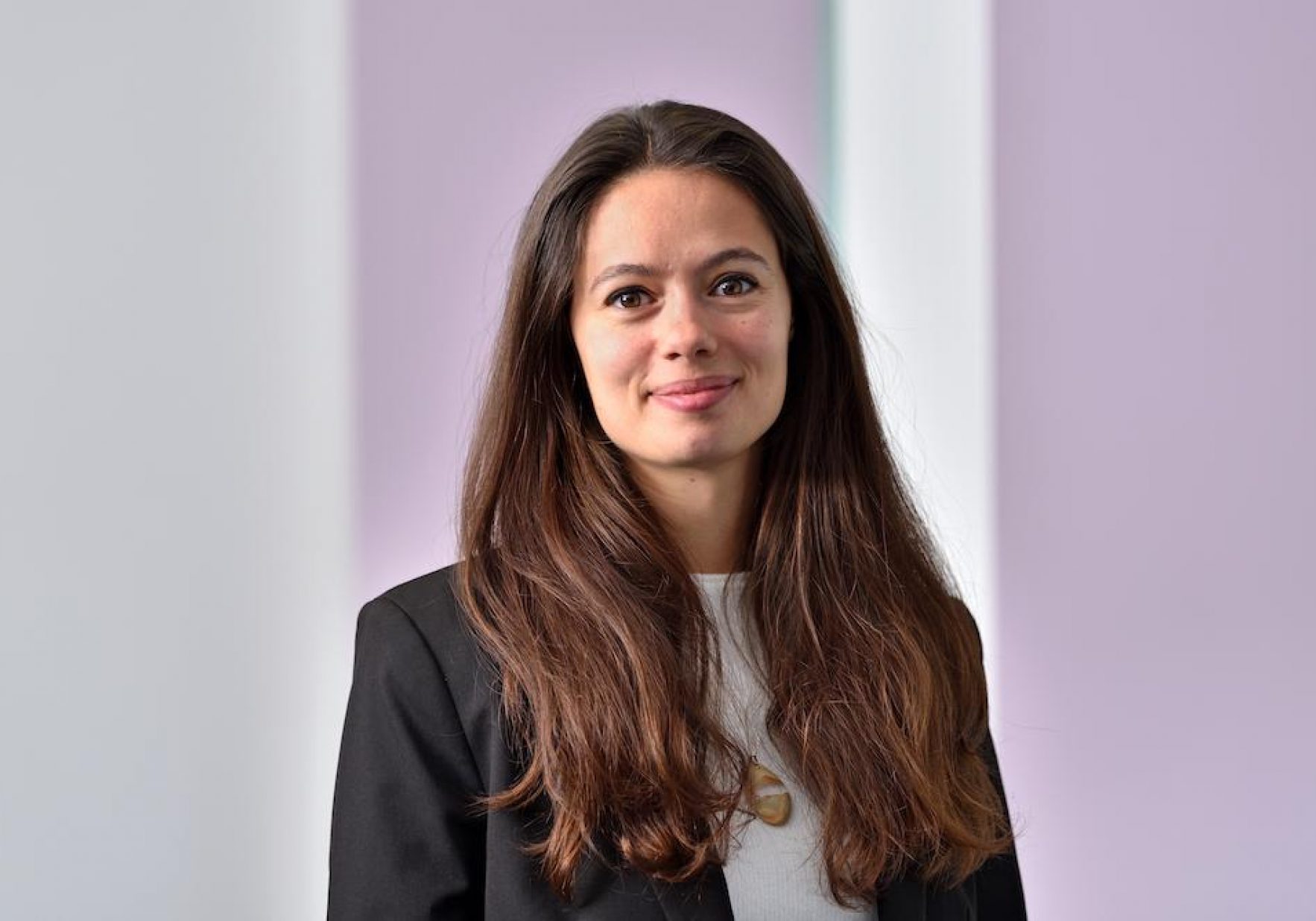
Research summary
Stimulating glia against dementia
Glia play a critical role in brain functioning and their activity is significantly altered in dementia, contributing to the progression of the disease. Targeting dysfunctions in glia by stimulating changes in their activity holds great therapeutic potential, offering new avenues to treat and protect against dementia.
Dr Morse's research has found that focused ultrasound can modulate the activity of glial cells non-invasively, including phagocytic activity.
Ultrasound is also able to modulate inflammatory responses of these cells, significantly reducing inflammation states. Her current work is focused on engineering ultrasound technologies to modulate glial activity with the aim to treat, prevent or delay the onset of neurodegenerative diseases and age-related cognitive decline.
The Morse lab aims to:
- Uncover the level of control ultrasound technology can achieve in modulating glial activity
- Understand the mechanisms behind such modulation
- Investigate how this technology is best used to achieve therapeutic benefits as we age
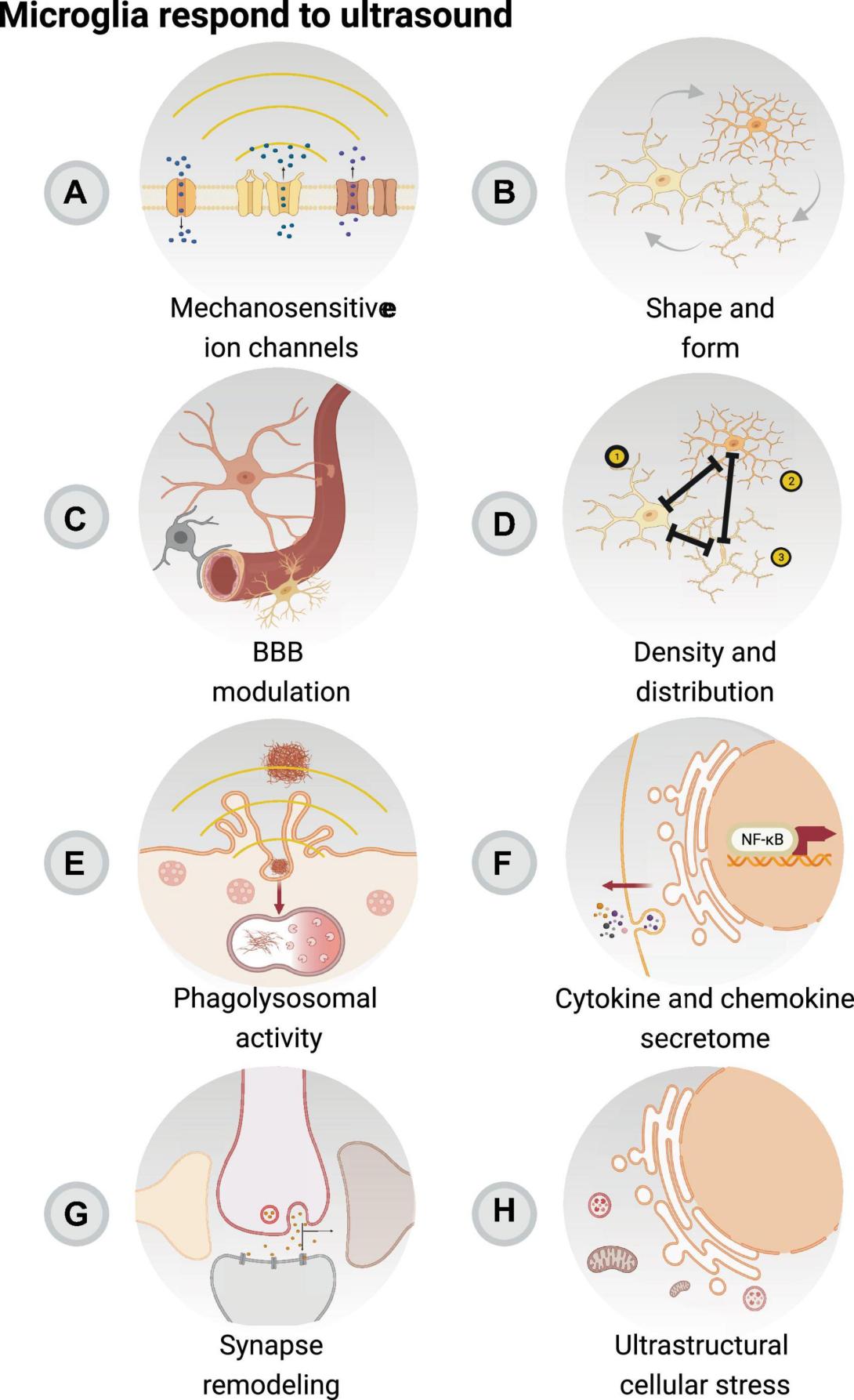
Focused ultrasound sonication with or without microbubbles can modulate microglial function. Microglia, as the resident immune cells of the brain, are involved in the acute inflammatory response resulting from focused ultrasound with or without microbubbles, in concert with remaining elements of the neurovascular unit. Focused ultrasound stimulation (FUS) alone is associated with reduced pro-inflammatory secretory activity of microglia and activation of mechanosensitive ion channels (A). FUS with and without microbubbles are connected to changes in microglial morphology (B), which may impact their interactions with the blood-brain barrier (BBB) (C) to regulate blood flow. In addition, changes in cell number, distribution (D), phagolysosomal activity (E), cytokine and chemokine secretion (F) are an outcome of FUS + microbubbles and FUS, notably modulating the surveilling area of microglia, crucial in their roles in regulating the immune response as well as glial and neuronal function (G). Moreover, it is possible that the modulatory effect of FUS + microbubbles and FUS impacts the ultrastructure of microglia (H), with relevant outcomes on markers associated with cellular stress. Created with BioRender.com. Reproduced from https://doi.org/10.3389/fncel.2023.1290628. CC BY 4.0.
Key publications
Vacancies
Lab members
- Sarina Grewal (PhD Student)
- Manaal Shah (PhD Student)
- Vanessa Drevenakova (PhD Student)
- Ceren Yalcin (Research Assistant)
- Nicholas Chan (Research Assistant)
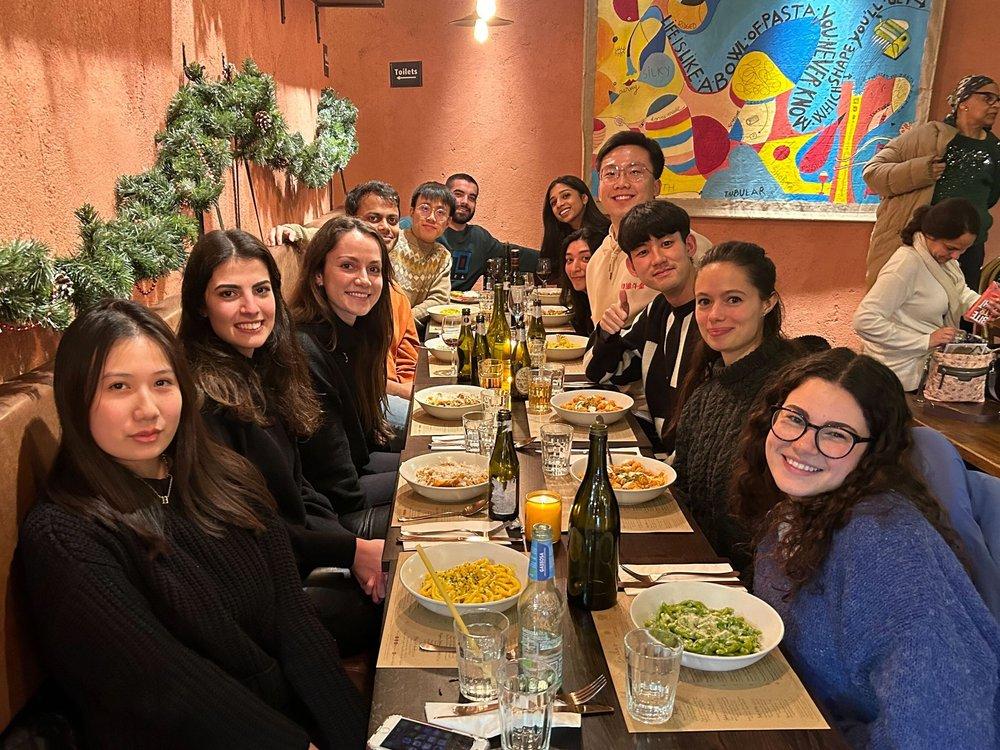
The Morse Lab
Collaborators
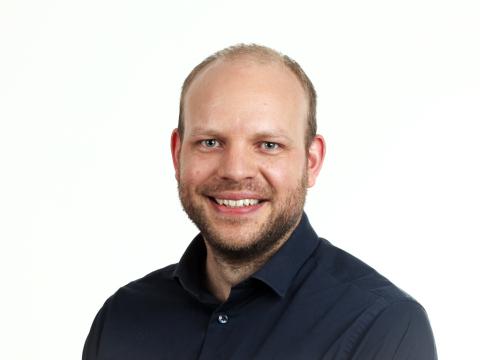
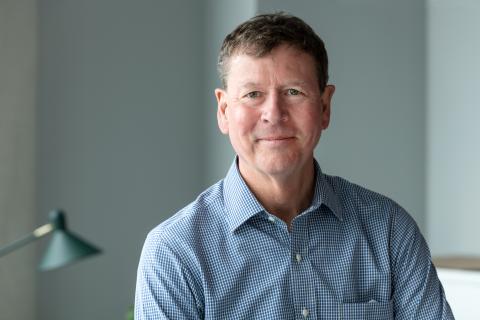

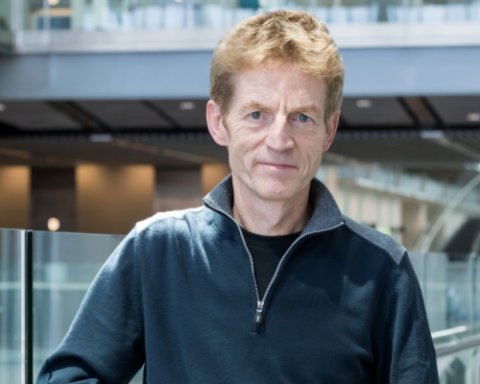
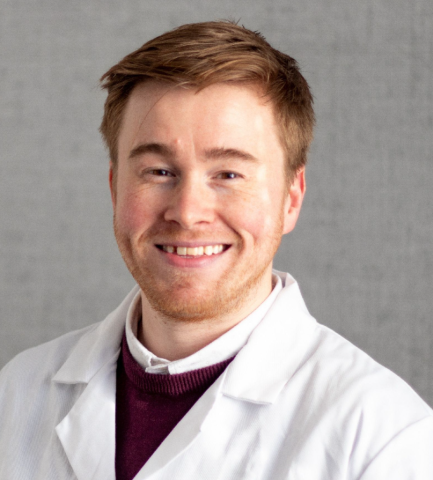
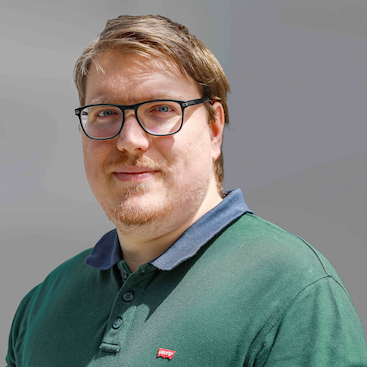
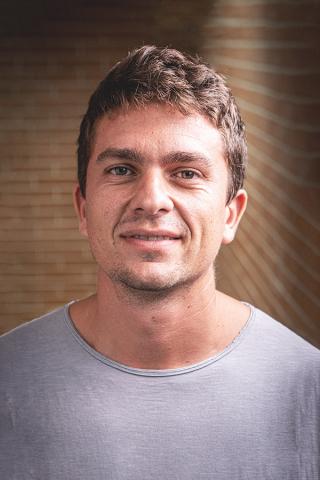
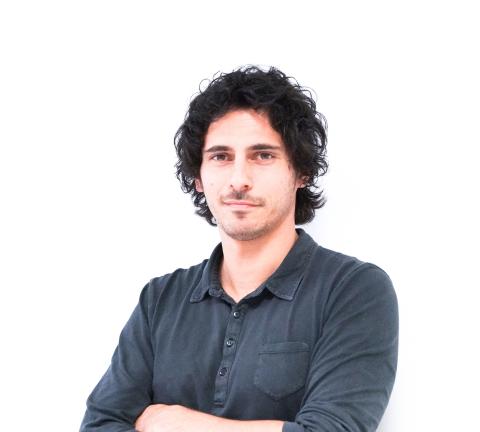
Lab funders
Thank you to all those who support the Morse Lab!
